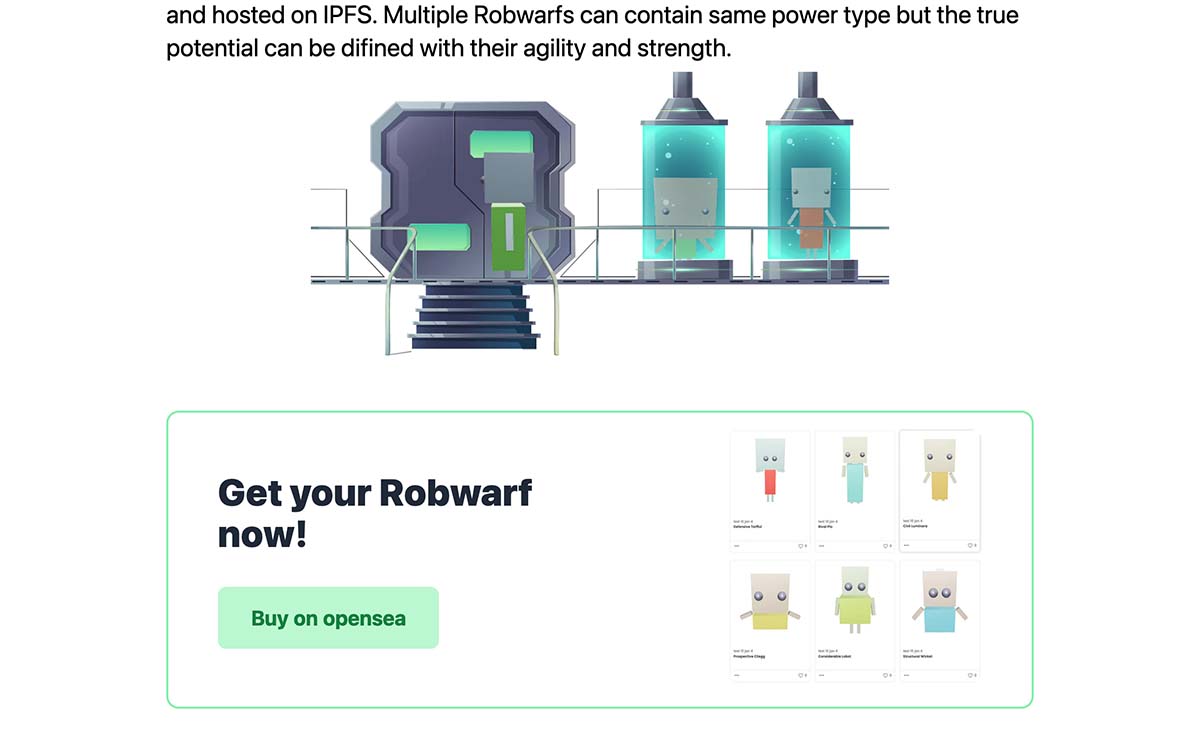Fair warning, this post doesn’t really conform to my usual content model of frontend/CSS writing. But, as the song goes, “It’s my party, and I’ll write if I want to”. 😁
Like many people, I’ve been reading a lot about the world of crypto and NFTs and trying to get my head around it. I’ve avoided professing a strong opinion publicly, as I honestly don’t feel knowledgable enough. But it’s safe to say, I’m an NFT skeptic.
Don’t get me wrong, I’m a big fan of digital artists getting paid for their work — just not at any cost. And the horrendous environmental impact of the Ethereum platform is a far too high a cost in my opinion. I should add, Ethereum claims to be committed to moving to proof-of-stake, which will vastly reduce its energy consumption. It’s not there yet, but there are “Clean NFT” platforms that already use PoS technology, as opposed to the much more energy-intensive proof-of-work method used by Ethereum.
Aside from the environmental concerns, the crypto world feels very murky. The documentary The Line Goes Up by Dan Olson attempts to demystify crypto, NFTs, DAOs and web3 (and countless other terms you’ll have heard bandied about). Even that’s hard to follow at times, but the takeaway is it pretty much all sounds bad. At the very least, it feels like something that anyone outside the tech bubble will have a very hard time processing, and will likely leave communities with low digital literacy out in the cold. The idea that just anyone can participate in the new crypto economy is laughable.
I’ve yet to encounter a compelling case for NFTs, but as a skeptic I’m open to being proved wrong. It’s just that many of the counter-arguments I’ve seen are published by people with a vested interest in the scene, and who have already staked their money, credibility or reputation on it.
Now it’s personal
I’ve been getting invovled in any debates on NFTs so far, as I didn’t feel especially qualified to discuss this complex topic in detail. But a personal experience recently gave me an unwelcome initiation into the NFT scene, when someone took some of my (public) code and used it to mint NFTs, which they intended to sell on the NFT platform OpenSea. The original demo is a public Codepen, which I’ve willingly shared, and I even wrote a tutorial about the process.
I have no issues with someone using my code for learning, creating something similar for fun, or adapting it for their own designs. I never intended to make money from it (aside from the fee I got paid to write the tutorial). But this person had minted a series of generative characters, which were to all intents and purposes identical to my own demo (insofar as generative work can be identical), written a backstory, and created a website and Twitter profile to advertise them, all without so much as asking my permission or crediting me in any way. They didn’t seem ashamed of this in any way, or even aware that what they were doing was shady — they were proud of it, and even tweeted me publicly.


I know I’m far from the only one experiencing art theft as a result of people wanting to make a quick buck in the NFT boom. I suspect generative art is particularly alluring as it allows the creation of multiple unique artworks from the same code. Unfortunately, I also suspect that what the people minting these NFTs are doing is just highly unethical, rather than illegal. There’s probably not much recourse from a legal perspective, as the code is freely available. After a series of exchanges on Twitter (with others springing to my defence) and a takedown request to OpenSea, I’m happy to say the NFTs were removed from the platform and the Twitter profile was deleted (although the webpage remains at the time of writing).
Plenty of people stole art for profit way before NFTs came along, of course. Many of well-known illustrators have had their work blatantly ripped off by big companies without pay or credit in recent years. But it feels like NFTs have given the opportunity for virtually anyone to steal digital art for profit, as long as they can afford the gas fees, as evidenced by the examples in this Guardian article published just yesterday. They’ve really democratised art theft.
I’d love for someone to prove that NFTs are ultimately a force for good, but I haven’t seen any compelling evidence yet. I’m reading as widely as possible, and am willing to change my mind. But until then I’ll continue to side-eye the scene from afar.
Webmentions for this page
About webmentionsLikes: 0
Reposts: 0
Mentions: 1